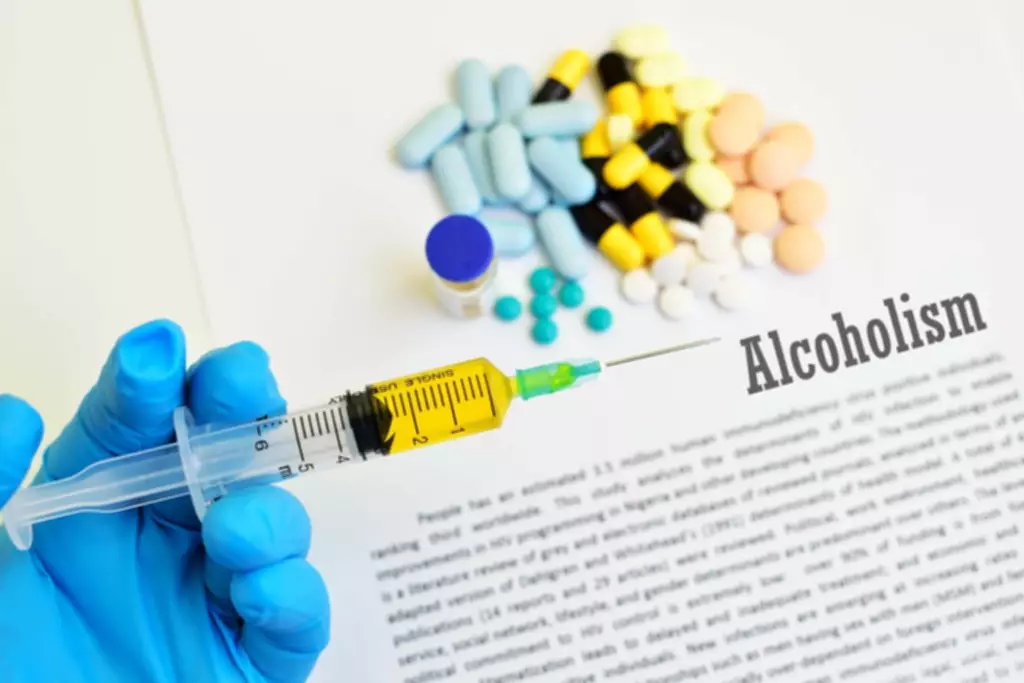Those who maintain that they can hold their liquor, meaning that they can drink larger amounts with fewer apparent effects, may drink in excess to feel intoxicated. A higher tolerance for alcohol does not mean the body is impervious to the effect of alcohol; it means that drinkers should be more cautious. You can suffer from AUD and still function and drink a few times per week.
Cara mencari kerentanan sql injection
One alcoholic drink a day linked with reduced brain size Penn Today – Penn Today
One alcoholic drink a day linked with reduced brain size Penn Today.
Posted: Fri, 04 Mar 2022 08:00:00 GMT [source]
National Institute on Alcohol Abuse and Alcoholism (NIAAA)

For those who’ve decided it’s time to quit, there are rising numbers of Britons making that same decision. In 2023, 30 per cent of men and 26 per cent of women surveyed said they wanted to reduce the amount of alcohol they drink this year according to research by Alcohol Change UK. End-stage alcoholics are also at a high risk of dying from accidents, trauma and suicide. When alcohol is not present, individuals may experience uncomfortable symptoms such as restlessness, tremors, headache, nausea, vomiting and insomnia. These symptoms can occur six to 24 hours after their last drink. Currently, I utilize an array of intentional strategies to develop a positive working relationship with individuals and their families.

What is Excessive Alcohol Use?
- In addition, alcohol has been linked to higher rates of breast cancer by increasing estrogen in the body, per the ACS.
- This is the rarest subtype, making up only 9% of people addicted to alcohol in the United States.
- I have always been passionate about helping others & this position allows me to see those dreams come to life.
- In addition to being uncomfortable, dry mouth can lead to inflammation of the mouth and reduced salivary flow, which contributes to tooth decay.
- The way people with alcohol use disorder present in their day-to-day lives varies significantly.
A person who suffers from alcoholism suffers from a medical, psychiatric, and emotional health condition that negatively affects almost all aspects of life. Experiencing just one or more of these are symptoms of alcohol addiction. It is vital to recognize that these are symptoms of alcoholism, not causes of alcohol abuse disorder.
How to stop drinking: Step-by-step guide to giving up alcohol
Drinking alone or being secretive about drinking can be another sign of alcohol use disorder. Drinking alcohol at unconventional times—such as early in the day or at gatherings where nobody else is drinking—is another hallmark of this disease. The primary way a person with early-stage alcoholism differs from someone in middle-stage alcoholism is that alcohol is no longer leveraged for a quick high. In the middle stage, drinking may become a staple of daily life. For a person who drinks occasionally, this adaptation is distinct and temporary. But for a person who drinks heavily, the body adapts the majority of the time.
Relationships and Social Life
Your lack of response to the alcohol may be related to an increase in your body’s alcohol tolerance over time. Some people are born with high tolerance; many people develop a tolerance Do Alcoholics Drink Every Day with regular drinking. However, if those five drinks are consumed in one evening or at one event, this is binge drinking, and it can be very dangerous to your health.